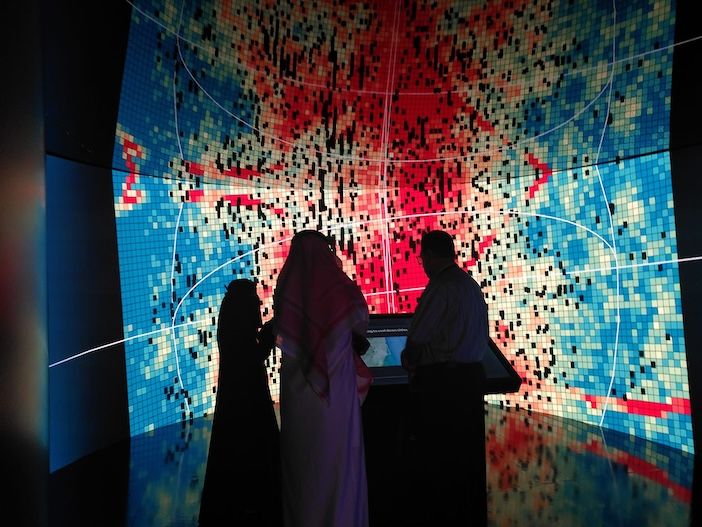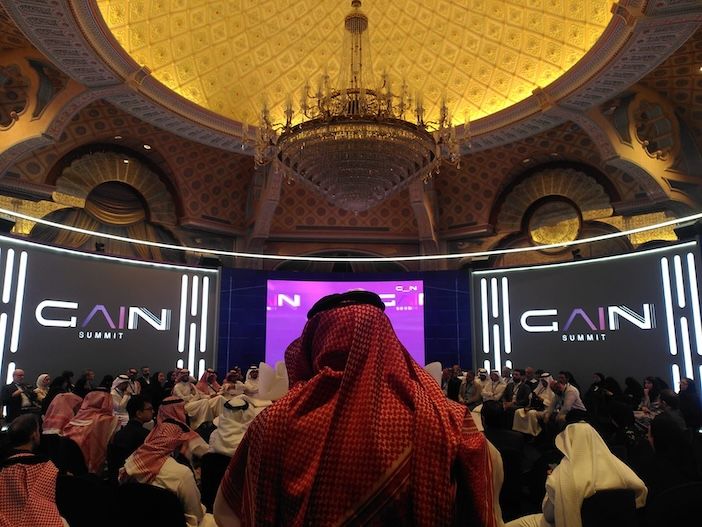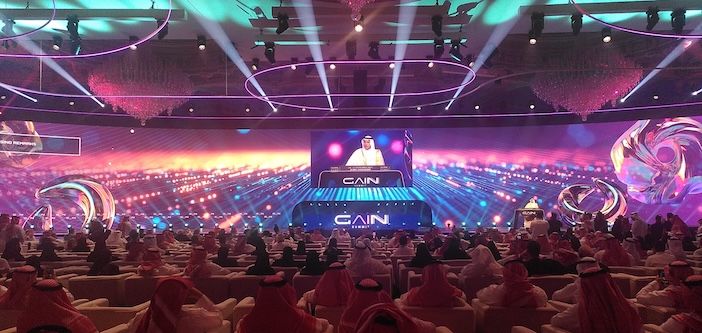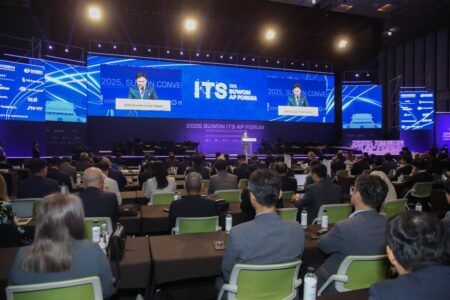At Riyadh’s third GAIN Summit for AI, organised by the Saudi Data and AI Authority (SDAI), the current lack of real-time data was identified as the major challenge for AI driven traffic technology, while ethics surrounding its use continue to be challenging in transportation and beyond.
The real-time data issue was addressed in a panel discussion entitled Simulating the Unseen: Overcoming Real-Time Data Gaps in Smart-City Transportation, which featured Allessandro Tricamo, Enrique Gomicia and Dr Sohaib Khan, who framed
“Better data quality and timely availability is a must,” said Dr Khan. “With some 22.5% of city pollution stemming from traffic alone, the potential to deliver timely, tailored and targeted interventions is immense.”
Currently, he said, models suffer from more on-the-ground blind spots than clear vision, and this makes it difficult to leverage the full power of AI.
“Traditional rule-based simulation models, largely Western-centric in design, require a large amount of data to be validated and sensing technology is expensive to deploy,” said Tricamo.
The panel discussed whether forms of simulation and synthetic data could help fill in the gaps, with due regard to the promises of such an approach, as well as issues surrounding reliability.
AI ethics featured heavily in seminars and speeches, while the SDAIA’s charter of AI Ethics Principles directs that it be developed “in accordance with KSA’s commitment to human rights and its cultural values, as well as aligning to international standards and recommendations.”
However, Yasser Al Onaizan , CEO of the National Center for AI, said, “It’s not enough to have policies. It’s very important to start thinking to design AI solutions that have the ethics as a design principle form the get-go.”
Medals for Early Adoption of AI Ethics Principles outlined by SDAIA were awarded to government ministries, PIF backed companies and partners, several of whom sponsored the event.

Exhibition highlights
Saudi Investment Fund (PIF) backed Saudi Technology and Security Comprehensive Control Company, also known as Tahakom, showcased its smartcity AI solutions with the ‘Saweher’ or “Urban Eye” platform.
This urban surveillance system detects traffic violations and other breaches of Saudi law, it uses behavioral analytics to predict future actions of both pedestrians and drivers. Developed for ‘public safety’, ‘crowd management’ and to identify and anticipate any ‘potential risks’ throughout the KSA, it is also being deployed around Mecca for security control of pilgrims to the holy city.
Also on the show floor, Huawei demonstrated its traffic flow visualisation software for the Cloud Riyadh Region. This local cloud ensures that Saudi data stays within servers located within the KSA. In recent years foreign firms have been asked to start operations within Saudi borders, in return for substantial investments from the Public Investment Fund (PIF).

Closing ceremony
The closing ceremony also featured awards to high-school aged participants in the 1st International AI Olympiad (IAIO). Over the course of the convention they competed to solve scientific problems using AI, with 8 gold medals awarded to young people from around the world.
“Together, we have not only imagined the future of AI, but have also made it real by addressing the challenges and identifying the enablers needed to truly unlock its potential (…) The commitment to collaboration has been evident throughout the summit,” said the Director of Saudi Arabia’s National Information Center, His Excellency Dr. Esam Alwagait.
Featuring over 400 delegates and 150 seminars, impressive audiovisual shows and an immersive exhibition, the GAIN Summit was quite the extravaganza and gave much food for thought. Whether it will boost native and international AI talent for the long-term, or dispel concerns about potential involvement of AI in human rights abuses, is a question for the future.





